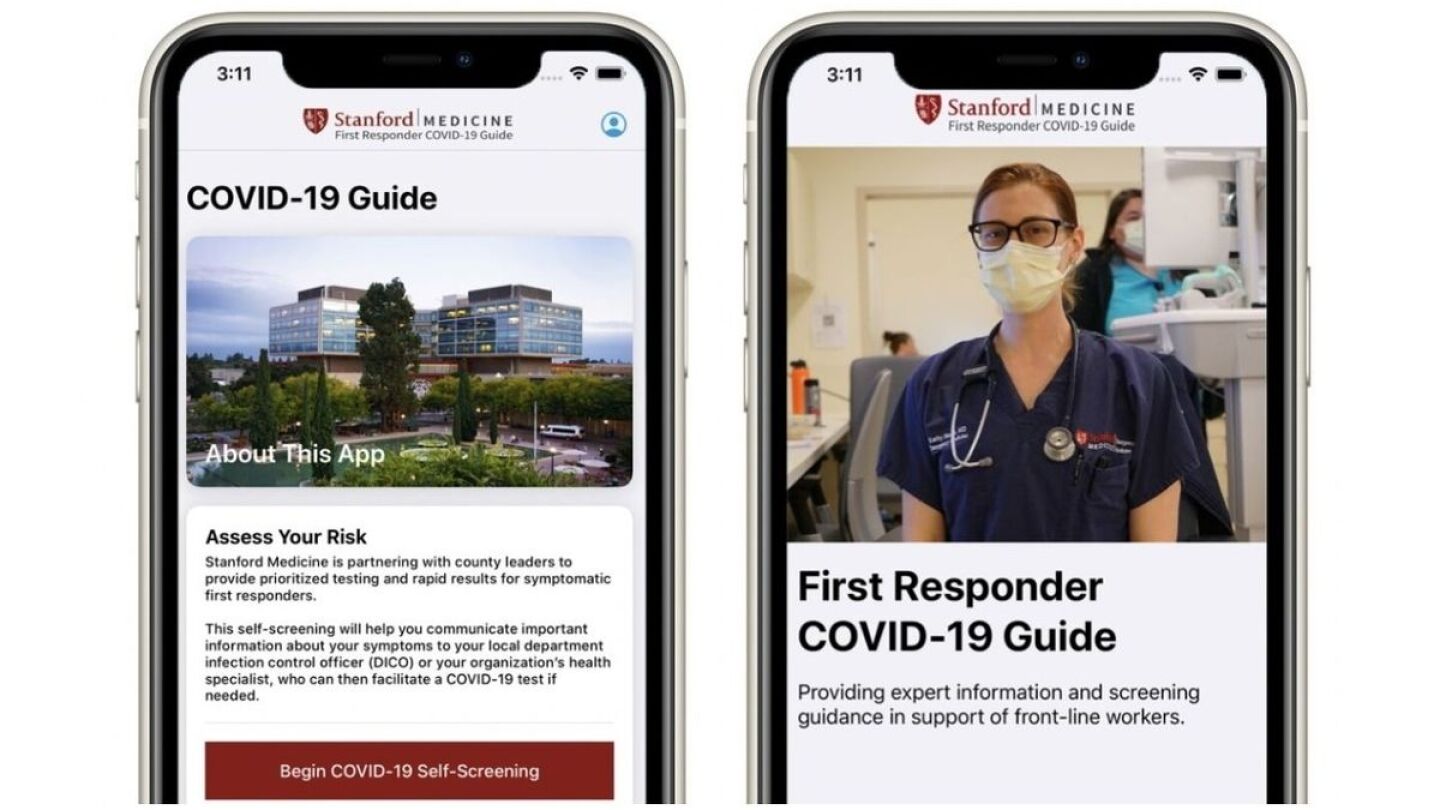Emergency Management
Emergency Management is a critical function of local and state government agencies, involving the planning, coordinating, and executing responses to natural disasters, public health crises, and other emergencies. Effective emergency management ensures that communities are prepared, resilient, and able to recover quickly from unexpected events. This directory provides articles on emergency management and related topics like Public Safety, which explores broader strategies for protecting communities and ensuring their well-being during crises.
Wellness programs are expanding as dispatch centers race to adopt artificial intelligence, new tech tools and stronger retention models
Facing growing wildfire risks, the USFS is calling on up to 1,400 former employees to return temporarily due to their firefighting certifications
The plan includes expanding timber harvesting, integrating federal firefighting forces and boosting local emergency authority
The fierce wind storm blew off part of the roof of city hall and left a trail of damage throughout the city
The bill guarantees that people in high-risk jobs who contract COVID-19 will be eligible for workers’ compensation without having to prove the infection was a direct result of their jobs
The defense department will invest $133 million to increase domestic N95 production capacity
The deadly storms included multiple tornadoes that devastated parts of the south and knocked down power to millions of people from Texas to North Carolina.
The app is designed to provide first responders with expert information and allow them to screen their symptoms
Chief Steve Pegram details the possible financial impacts facing fire and EMS departments as well as the goals of the IAFC’s Economic Task Force
The governor’s order allows inactive EMS providers to work in the state under the supervision of a licensed EMS or healthcare professional
The proposal would shield EMS providers, healthcare workers and hospitals from civil lawsuits as they make difficult decisions during the pandemic
The new state rule creates the assumption that first responders diagnosed with or quarantined for the disease were exposed while on duty
All 50 states and Washington, D.C., have declared a state of emergency; compare state actions to reduce the spread of the virus
The guidelines cover actions both employees and employers in essential industries, such as public safety, should take
Industry association websites, webinars and resources offer training, procedures and advocacy for elected officials and municipal employees
A Korean War-era law has been touted by several health officials, political leaders and historians as a way of getting needed supplies into the hands of medical workers
A roundup of how local parks and recreation departments are helping residents stay both healthy and safe as the pandemic threatens communities
Financial hardship and social isolation are known triggers for suicidal thoughts and actions, leading many public health experts to fear a significant uptick in the months to come
The founder of The Healthy Dispatcher explains why understanding your emotions, and those of others, is so valuable in the 911 call center
MOST POPULAR
- Tracking cases in real time for critical insights that save lives
- Communicating with the community at a safe distance
- Gaining situational awareness and sharing information using digitally-enabled 911 services
- Police drone footage not automatically exempt from public records requests, Calif. judge rules
- New Nev. law curbs use of solitary confinement



















